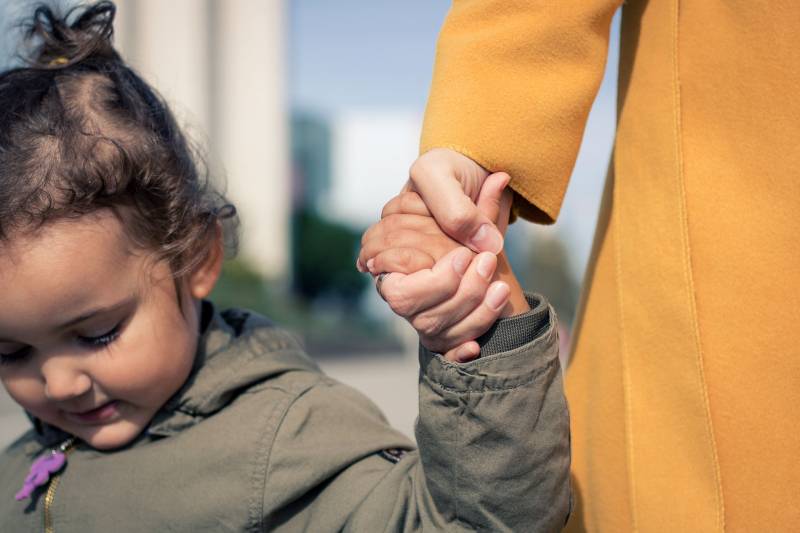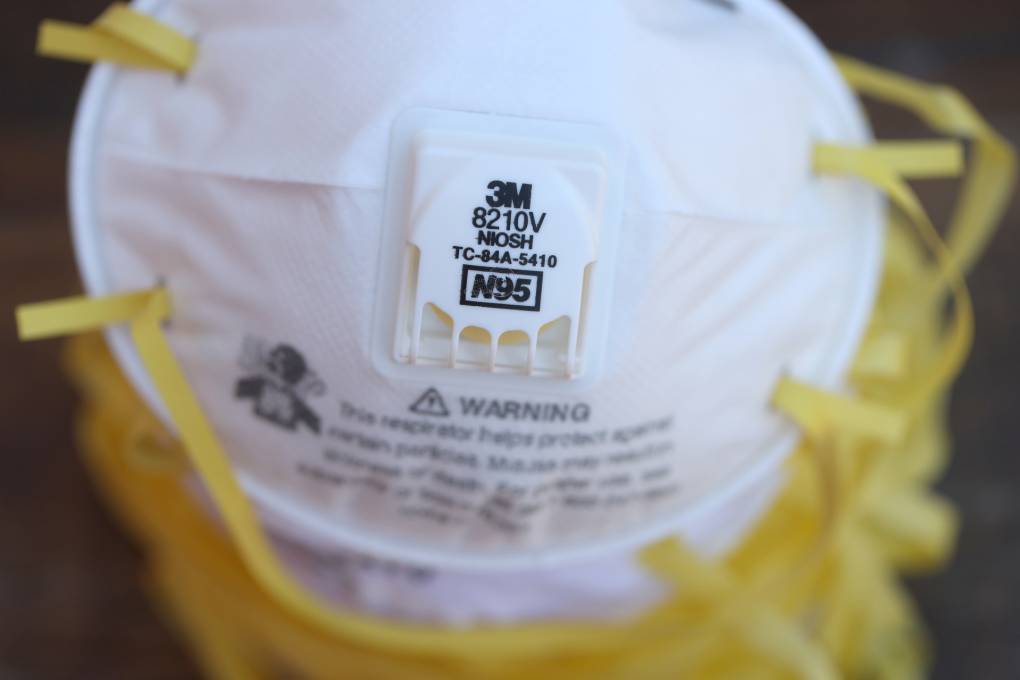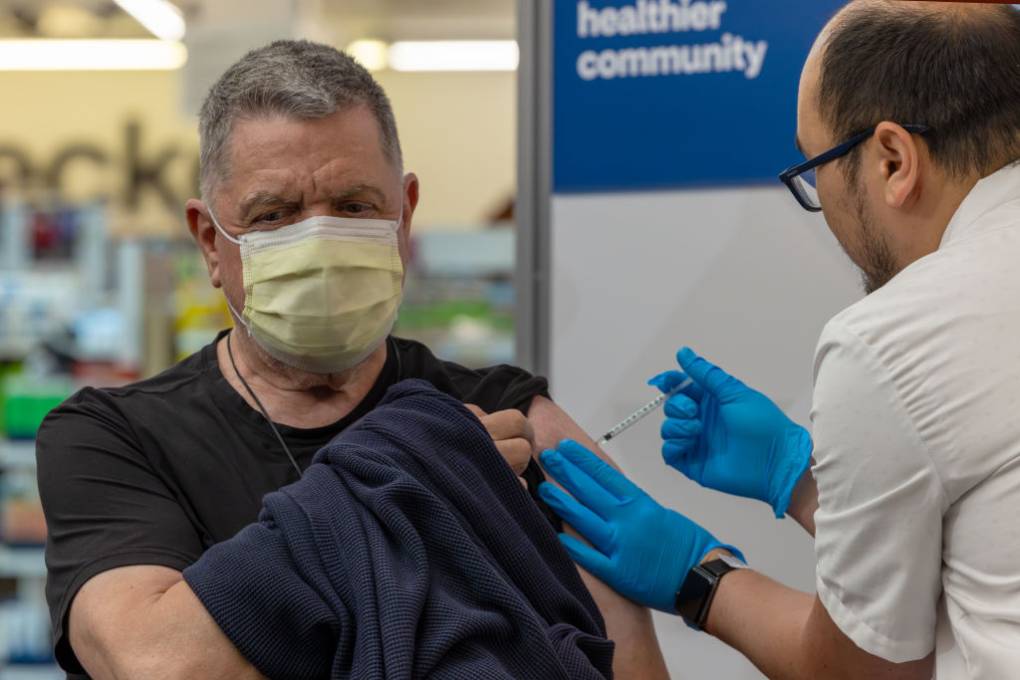There are about 300,000 domestic workers in California, according to the National Domestic Workers Alliance. Many of the people who hire them — workers such as house cleaners and nannies — are canceling appointments indefinitely due to statewide shelter-in-place orders, leaving workers with no income in the middle of the coronavirus pandemic.
Domestic workers do not have employee protections like paid sick leave. Many are also undocumented, so they cannot collect unemployment insurance even under the recent of expansion of those benefits through the federal coronavirus bill.
Many of these workers are now relying on the charity of their employers — and it's not clear how many will choose to continue paying, or how many are making income themselves anymore.
Overwhelmed by Kindness
A month ago, Rina Magar felt like her family was in a pretty good spot. Her three oldest kids had moved out of the family’s home in Hillsdale. Her husband was driving for Uber. He used to work at a warehouse but was laid off. Then drove a taxi. His Uber income wasn’t great. But she had a job as a nanny for a family she really liked. They were making enough money to get by.
Then the coronavirus hit.



